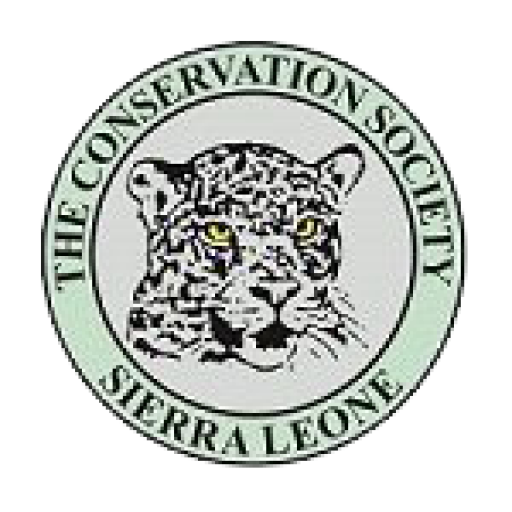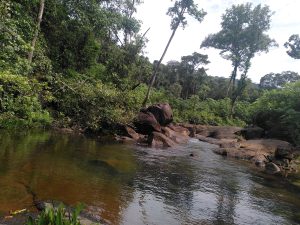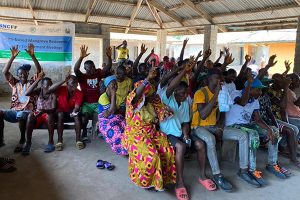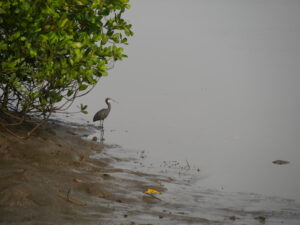Background and overview
WABiLED is a 4-year, USAID West Africa-funded Program that aims to promote biodiversity conservation and climate resilient, low emissions development in West Africa. WABiLED focuses on targeted geographical areas within the region to improve management, governance and policy over critical natural and human systems. The WABiLED Program is implemented by Tetra Tech ARD on behalf of USAID
The purpose of WABiLED is to strengthen the capacity of national and regional networks and institutions to enforce and prosecute wildlife trafficking laws; improve regional and transboundary cooperation and conservation strategies that include private sector partnerships and incorporate best practices for sustainable natural resource management (NRM); and improve capacity for economic planning and development of Low Emissions Development (LED) strategies including Reducing Emissions from Deforestation and Forest Degradation, plus the sustainable management of forests, and the conservation and enhancement of forest carbon stocks (REDD+).
The purpose of this grant award is to support RSPB to implement the “Participatory Action on Forest Conservation Land Use System in the Trans boundary Gola landscape of Liberia and Sierra Leone’’ activity scheduled to begin on or around March 1, 2023, and end on April 30, 2025. In Sierra Leone the Project is implemented in Five Communities in Nomo Chiefdom on the side of Gola Land scape and also support bio-monitoring of Kambui Hills Forest Reserve.
Situation we are facing
This project will build on activities implemented under a grant award issued to RSPB under the USAIDfunded West African Biodiversity & Climate Change (WA BiCC) titled ‘’Community Landscape Management to reduce Deforestation and Biodiversity loss in the Gola Transboundary Forest Landscape’’, which was implemented between 2017 and 2020. Activities under that grant empowered local communities in key forest corridor areas around Gola Rainforest National Park (GRNP) in Sierra Leone. Since the WABiCC grant activity ended, partners RSPB, CSSL, and SCNL have continued to support key government agencies including the NPAA, Sierra Leone and the FDA, Liberia to establish community managed forests and transboundary structures and systems with support from the European Union, PAPFor programme and Rainforest Trust. The partners have also improved the management of GRNP and GFNP and three other protected areas – Foya Proposed Protected Area (FPPA), Kambui Hills Forest Reserve (KHFR), and Tiwai island Wildlife Sanctuary (TIWS) by employing eco guards to support the few government rangers patrolling these protected areas. The WABiLED grant is designed to add value to these activities and fill the gap when PAPFor ends on December 31, 2023.
Here are more information about the previous engagement: Project page PAPFor
Our Goals
The goal of this project is to ensure effective conservation of the unique biodiversity of the 350,000 ha Transboundary Peace Park of Sierra Leone (Gola Rainforest National Park) and Liberia (Gola Forest National Park) by respectfully and sustainably managing remaining natural forests surrounding the two parks through employing best practices in community forestry management.
Our Approach
In Sierra Leone the project is implemented by CSSL alongside with it strategic partner GRCLG, in strong collaboration with Forestry Department and NPAA of the Ministry of Environment. The essence is to enhance effective participation of the Government in the entire process. The implementation is primarily focused in five forest edge communities in Nomo chiefdom that is closely situated at the corridor or leakage belt of the Gola peace park. The work involved multi-stakeholder community engagement on Community forest management; Community degraded Forest restoration and development of bye laws and regulations to ultimately support the management of the community forestry and the Peace Park at large.
Our Activities
Our activities are primarily focused on engaging communities and chiefdom stakeholders as well as opinion leaders. Meetings and workshops are organized together with our key partners and strategic MDAs to address the numerous challenges identified and faced with during implementations. New ideas or initiatives gearing towards addressing the problems or challenges faced are shared with community stakeholders through meetings and critical workshops held at both community and chiefdom levels. The key activities focused on reducing the rate of deforestation and improve on degraded community forest land restoration.
In meetings and workshops we reach out together with government stakeholders on key challenges faced in conserving the landscapes and finding possible solutions to eliminate or drastically minimize the rate of deforestation activities in the forest. Multi facet and robust engagement processes and procedures are required to set the goal.
Key activities are...
- Engagement in community meetings to set objectives, identify position of CFM Agreement, and set up CFM implementation action plan
- Set up Nomo CFM Implementation Committee (community level), with reference /relevance to existing governance structure
- Discuss key issues on Nomo community by -laws and regulation
- Hold Community Participatory Resource Mapping Workshop to identify priority land use issues in Nomo CFM and capture community knowledge of management zones in the CFM
- Validate community zone management process and set up monitoring committee for the Nomo CFM implementation framework
- Identify sites for restoration in the CFM management zones and FACE carry out restoration activities
- Carry out monitoring exercise on zone management and restoration activities
- Produce a profile of Nomo CFM implementation
Outcomes we want to achieve
Outcome 1:
Establish management committee and byelaws for community forestry
Outcome 2:
degraded community forest restoration
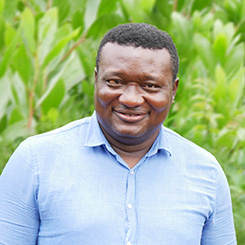
Emurana Sowa
project coordinator
More information
For more information or if you want to engage yourself in this project please contact our
National Coordinator for the project Emurana Sowa: emurana.sowa@cs-sl.org
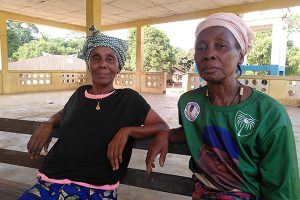
Women’s Empowerment through Climate Smart Agriculture in Forest Edged Communities
Climate resilience and women’s empowerment are two of the most important entry points to reach the global Sustainable Development Goals (SDGs). For too long these
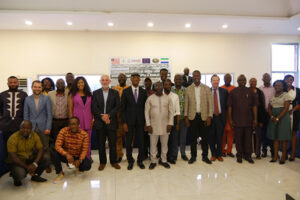
Gola Transboundary Stakeholders Sign MoU to Strengthen Protection of the Landscape
“Be it resolved, the Transboundary Technical Sub-committee agrees to collaborate with the EU-PAPFor and USAID-WABiLED funded projects for the purpose of establishing joint transboundary patrols
